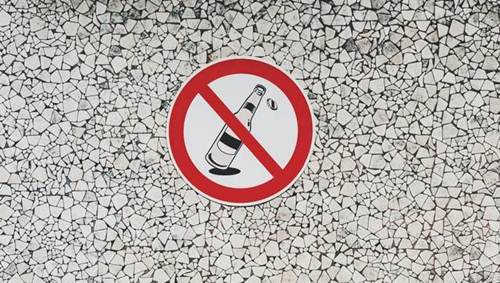What is Blood Pressure?
Blood pressure (BP) is amount of force caused by blood on wall of arteries. The normal blood pressure is systolic 120 mmHg and diastolic 80 mmHg (i.e. Normal BP: 120/80 mmHg).What is High Blood Pressure (Hypertension)?
High blood pressure defined by the 7th report of Joint National Committee is “A systolic pressure greater than 140 mmHg and diastolic pressure greater than 90 mmHg”. It also stated various stages of high blood pressure: |
SBP: systolic blood pressure, DBP: diastolic blood pressure
Fact: As per WHO :
- An estimated 113 crores people worldwide have hypertension.
- Hypertension is a major cause of premature death worldwide.
- In 2015, 1 in 4 men and 1 in 5 women had hypertension.
Factors That Increases Blood Pressure:
Increased Age, Obesity, Stress, Diabetes Miletus, Smoking, Alcohol, Increased salt intake.Healthy Habits to Lower Blood Pressure:1). Low Salt Diet: The American Heart Association recommends limiting your sodium intake to between 1,500 milligrams (mg) and 2,300 mg per day that is half a teaspoon of table salt. As per Mayo Clinic “a small reduction in the sodium in your diet can reduce blood pressure by about 5 to 6 mm Hg if you have high blood pressure”.
2). Regular Exercise: The American Heart Association (AHA) also recommends incorporating muscle strengthening activity at least two days per week. A regular exercising 30 to 60 minutes a day will help in controlling High Blood Pressure. Breathing faster and sweat is normal during exercise. But if you are feel shortness of breath then slow down the exercise or rest.
3). DASH Diet: The DASH (Dietary Approaches to Stop Hypertension) eating plan requires no special foods and instead provides daily and weekly nutritional goals. This plan recommends:
- Eating vegetables, fruits, and whole grains
- Including fat-free or low-fat dairy products, fish, poultry, beans, nuts, and vegetable oils
- Limiting foods that are high in saturated fat, such as fatty meats, full-fat dairy products, and tropical oils such as coconut, palm kernel, and palm oils
- Limiting sugar-sweetened beverages and sweets.
4). Maintaining Healthy Weight: Maintaining a healthy weight is important factor in High Blood pressure management. (A Healthy Body Mass Index range: 18.5 kg/m2 - 25 kg/m2). Click Here to calculate. As the body weight increases blood pressure may increase. As per NCBI “a decrease in body weight by 1 kg resulted in a reduction of systolic and diastolic pressure by 1.2 and 1.0 mmHg respectively”.
5). Quit Smoking: Smoking is a proven risk factor for heart attack and stroke. Smoking and exposure to secondhand smoke increase the risk for the buildup of fatty substances (plaque) inside the arteries (atherosclerosis) that gradually increase your blood pressure.
6). Limit Alcohol Use: Moderate alcohol use may have some benefits, but it is not risk-free. As per “Dietary Guidelines for Americans” moderate alcohol consumption is defined as having up to 1 drink per day for women and up to 2 drinks per day for men on occasional use. Also it is not recommend for people who do not drink alcohol start drinking.
Examples of one drink include:
Examples of one drink include:
- Beer: 5% Alcohol (355 ml) or,
- Wine: 12% Alcohol (148 ml) or,
- Spirits: 40% Alcohol (44 ml).
7). Reduce Stress: A continuous stress can gift you a high blood pressure as it constrict the blood vessels through hormonal changes that result in increased blood pressure. Also stress brings you eating unhealthy food, drinking alcohol or smoking. Reduce your stress level by various methods Meditate, Listening Music, Exercise, etc. for detailed tips refer this article.
8). Enough Sleep: Too-short or too-long sleep increased cardiac risk. A study Says “The recommended hypertension treatment rate increased significantly in the less than 5 hours sleep group of people. To manage hypertension effectively, it may be useful to maintain a lifestyle of sleeping more than 6 hours”. An average suggested sleeping hours is: Children: 9 – 11 hrs, Adults: 7 – 9 hrs, Old age: 7 – 8 hrs of sleep.
Conclusion:
Hypertension is more about lifestyle bounded disease, better the lifestyle better will be the Body and blood pressure.
Good habits like Regular sleep, less stress, least alcohol and smoking, Good diet and healthy weight may bring a huge improvement in your High blood pressure.
Good habits like Regular sleep, less stress, least alcohol and smoking, Good diet and healthy weight may bring a huge improvement in your High blood pressure.










.jpg)


.png)


.jpg)
.jpg)





.jpg)

0 Comments